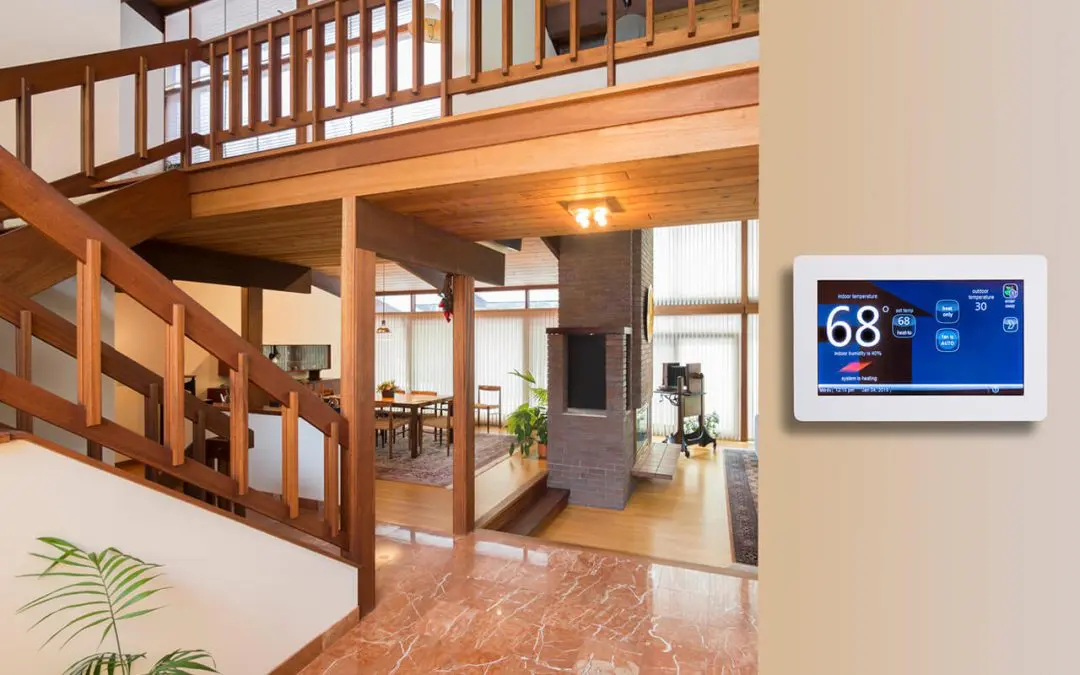Saving energy at home is critical to help conserve resources and reduce your monthly bills. Limiting your energy consumption can significantly affect the environment and your wallet. From changing how you use appliances and electronics to improving insulation and ventilation in your home, there are many ways to save energy without sacrificing comfort.
Upgrade to LED Lights to Save Energy at Home
LED lights use up to 80% less energy than traditional incandescent bulbs and last 25 times longer, so switching your home’s lighting to LED bulbs could be one of the most effective ways to save energy. LED lights are also safer as they stay cool even when in use, and some come with smart features that allow you to change the color or brightness of the bulb from your mobile device.
Conserve Hot Water
Heating water is one of the most energy-intensive activities in any home, so finding ways to reduce hot water consumption can result in significant savings. Taking shorter showers, opting for a low-flow showerhead, and using faucet aerators are simple changes that can make a big difference. You might also consider installing a tankless water heater, which only heats the water when needed.
Unplug Unused Electronics
Leaving your electronic devices plugged in can still draw energy, even if they’re not being used. To save energy, unplug any electronics that aren’t in use – like video game consoles, computers, and phone chargers – and switch off power strips when you’re not using them.
Improve Insulation and Ventilation
Checking your home’s insulation and ventilation can help you save energy by ensuring that heated or cooled air stays in the house instead of escaping through cracks or poorly-sealed windows. Sealing any gaps around doors and windows can help reduce drafts and keep the heat in during the winter months, while adding insulation to walls or attics can also help minimize energy loss.
Manage Your Thermostat to Save Energy at Home
Setting your thermostat at an optimal temperature for heating and cooling will help reduce your energy bills. During the summer, aim to keep your thermostat between 72 and 75 degrees Fahrenheit during the day and raise it by a few degrees when no one is home. In winter, setting your thermostat at 68 degrees Fahrenheit should be warm enough for most households.
Invest in Energy-Efficient Appliances
Look for ENERGY STAR-certified models if you’re in the market for new appliances. These appliances use less energy than standard models and could save you hundreds of dollars over their lifespan.
Save Energy at Home by Using Natural Light
Using natural light as much as possible can help reduce your lighting bill and introduce more daylight into your home. If you have access to outdoor space, consider adding a skylight or sunroom to your house to take advantage of the sunshine. On sunny days, open your curtains and let the light in.
By implementing these seven tips, you’ll be well on your way to a more energy-efficient home. The savings may not be immediate, but you could see a significant reduction in your energy bills over time. Plus, making minor changes to limit energy consumption is an easy way to do your part for the environment.
Jones & Cooper Home Inspections offers inspections to customers in the Metro Louisville area. Contact us to request our services.

